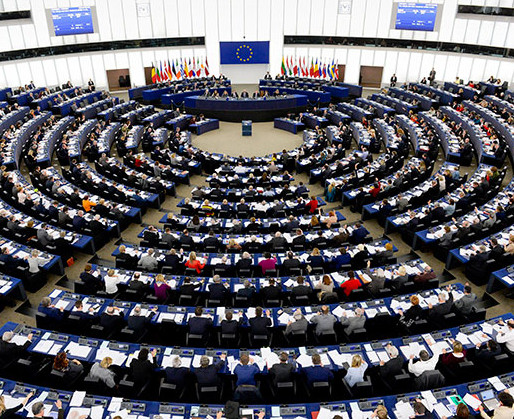European ports policy update: On Monday, December 12th, the plenary session of the European Parliament discussed the report of MEP Knut Fleckenstein on the Port Regulation. The report follows extensive negotiations between the European Parliament and representatives of the European Council and the Commission over a policy initiative that had been published by the European Commission in 2013.
Last March, the European Parliament voted in favour of a revised EU Ports Services Regulation (PSR) aiming to make European ports more competitive and increase financial transparency.
Despite voting against EU ports legislation twice in the past, the European Parliament adopted in plenary the revised PSR on March 8, with 451 MEPs voting in favour and 243 against.
The revised proposal, which was drawn up by Knut Fleckenstein, a MEP from Hamburg, calls for a transparent and easy access to the market of port services, financial transparency for port authorities through their accounts in order to ensure a transparent and rational use of public funds, and mechanisms to handle disputes and consultations between port stakeholders.
The European Parliament gave then a mandate to the rapporteur Fleckenstein and his colleagues to “start trilogues [defined as informal tripartite meetings attended by representatives of the European Parliament, the Council and the Commission] with the Council in view of reaching an agreement in first reading”.
PortEconomics, brings forward the views of the Rapporteur, as expressed during the EP plenary held in Strasbourg. With the final vote taking place Wednesday, December 14th, PortEconomics will update its readers on its outcome. Stay tuned.












